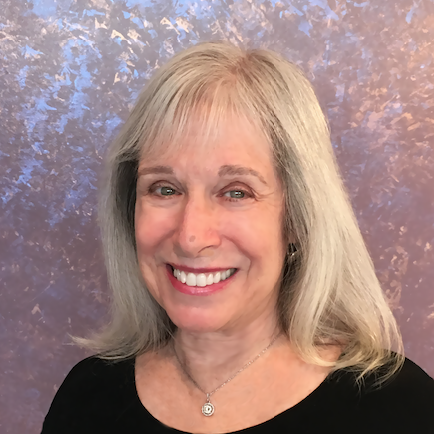How Becoming a Caregiver at Age 35 Changed Her LIfe

There is a story in People magazine about a young woman, Sarah Lewis (now Rasby), who became a caregiver for her twin sister at age 35. Erin Lewis suffered a sudden cardiac event in 2018 and overnight Sarah became her sister’s caregiver. It’s unusual for someone to become a family caregiver at this young age, but Sarah’s story is universal because she had to deal with many of the same issues baby boomer and older family caregivers face when caring for their Aging parents and/or older relatives.
- She was thrust into the role of caregiver suddenly due to a medical crisis. This is often how a person’s Caregiving journey begins. “It was on a Monday night and I was bathing my kids,” Sarah recalls.“Life completely changed when I got that phone call.”
- The family rallied around Erin, but Sarah (who was listed as Power of Attorney) was her primary caregiver. “The world stopped moving for me,” says Sarah . . . “I never thought in a million years would I be caregiving for my sister at the age of 35 or making serious decisions for her life. It completely changed the course of everything we were doing professionally, personally, in our lives. I became focused on my sister and her needs.”
- Caregivers wear many hats. Sarah learned how to navigate the medical and health insurance bureaucracies, and decided what next steps would be best for Erin’s short- and long-term care. “We were looking for an ideal living situation, but there isn’t anything that exists like that,” she says. “I think Erin probably lived in at least 12 different places, just trying to figure out how to get her needs met.” That included rehabilitation centers, Nursing homes, at home with her family, and eventually Hospice.
- It’s difficult to juggle working while being a caregiver, wife and mother. Sarah was married with two children, ages 7 and 10, but felt she had to stop working, and was fortunate she was able to. “I tried to get back to work — first after six weeks, then three months, six months, but I just couldn’t do it. I had to be there for my sister.”
- Most family caregivers have to face the death of their care recipients eventually. Erin Lewis passed away in 2022.
- Family caregivers act as advocates for their loved ones in order to ensure high quality care. Being present and an advocate for your care recipient is an important facet of caregiving, no matter where the care is taking place — hospital, skilled nursing facility, assisted living community, memory care facility, hospice or at home. “Looking back, I think I was really fighting for the value and the integrity of her life, for the person that she was,” Sarah says. “And even with financial resources, it was extremely hard. Systematically there’s a bigger issue.”
- The caregiving experience changes you and stays with you afterwards. Caregivers learn about their personal strengths and weaknesses through their journey. Some people are inspired to make a career out of what they’ve learned. Sarah earned a Ph.D. in Global Family Health and Wellbeing at University of Nebraska-Lincoln, where she conducts qualitative research on caregivers, including issues of self-compassion. “My research is trying to change the social isolation and loneliness that comes with being a caregiver,” she says. “I want to continue this research and this Legacy because it’s been so life altering and meaningful. I want to honor Erin and our experiences — because they will never leave me.”
Sarah’s story demonstrates no matter what age we become caregivers, it’s a challenging, profound and life-changing experience. “Being a caregiver just completely changes you in so many ways,” she says. “It can set your life on a different path.”























